Search
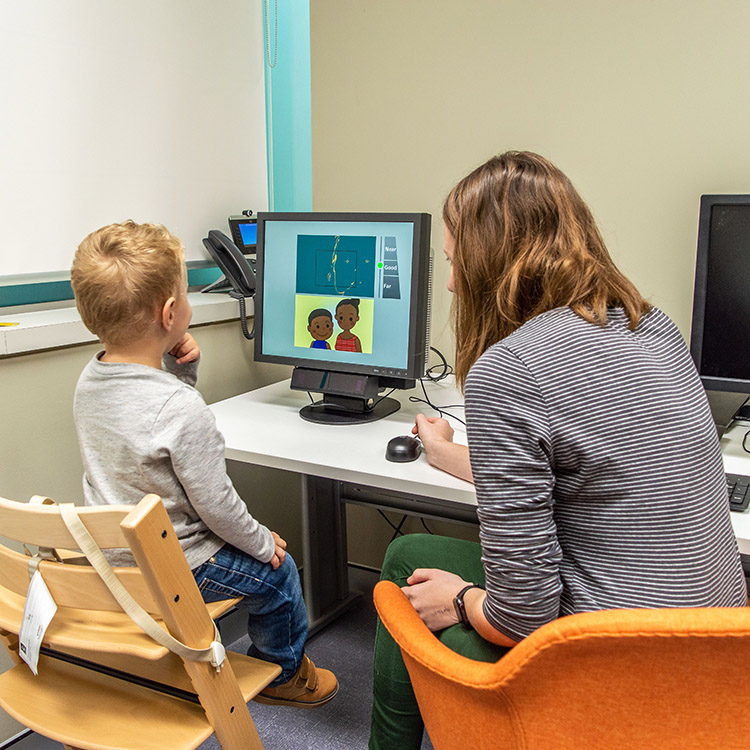
Our families have the opportunity to be involved in autism research conducted at CliniKids.
The Kids Research Institute Australia is involved in a new multi-site Australian study, led by the South Australian Health and Medical Research Institute, which wants to determine the optimal level of iodine needed during pregnancy for baby’s development.
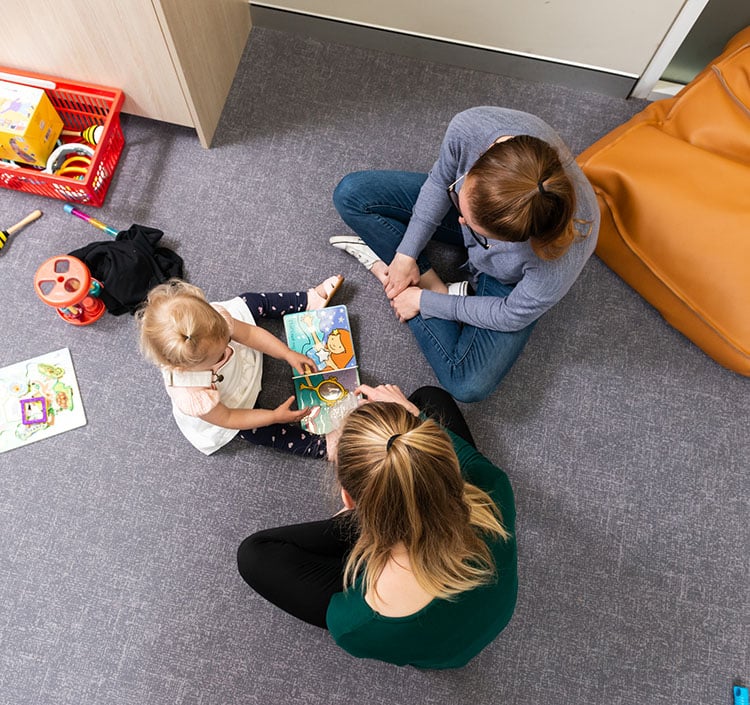
Get involved in a real-life research project
Find out about many of our previous research studies and trials, and those that are ongoing but are no longer recruiting participants.
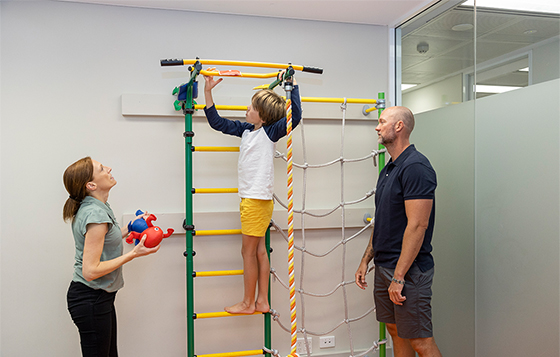
In this blog, Curtin University Occupational Therapy students Julia Walker and Mandy Bull delve into the history of Occupational Therapy in Australia.
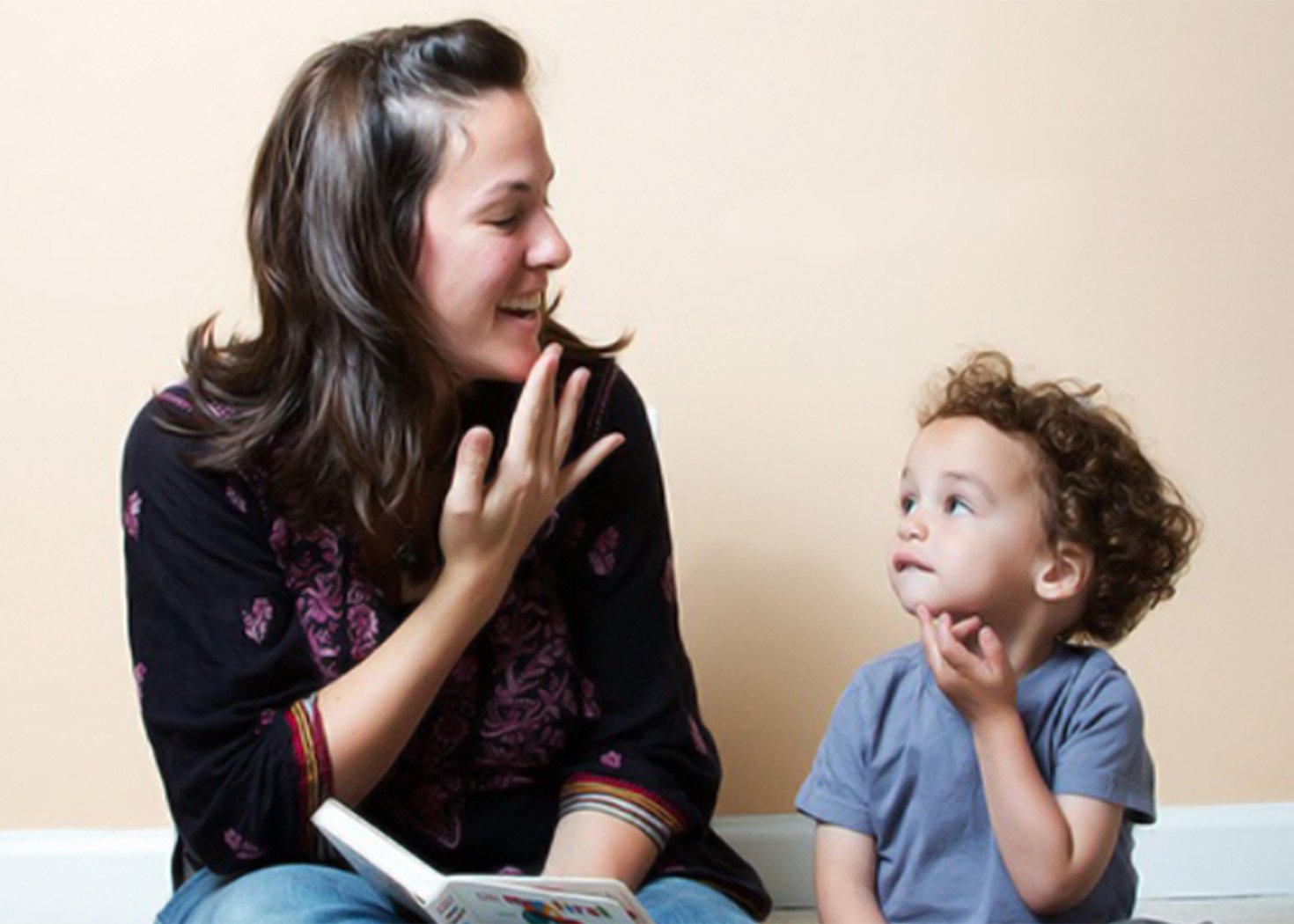
In this new blog, Senior Speech Pathologist Marisa Di Lorenzo discusses Augmentative and Alternative Communication and how it supports every individual’s access to the basic right of communication.
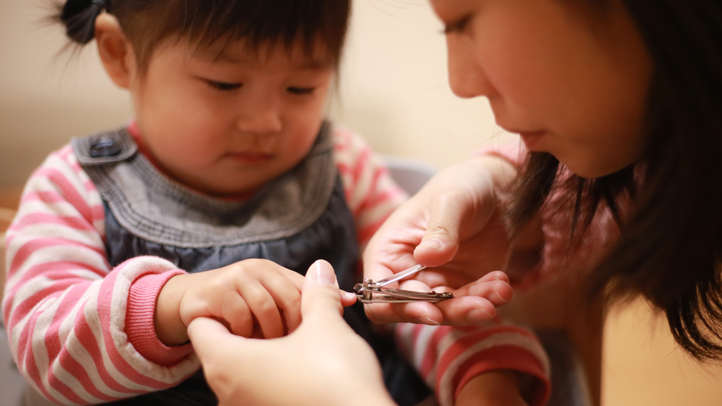
In this blog, Curtin University Occupational Therapy student Julia Than discusses how to make nail care an important part of a child's self-care routine.
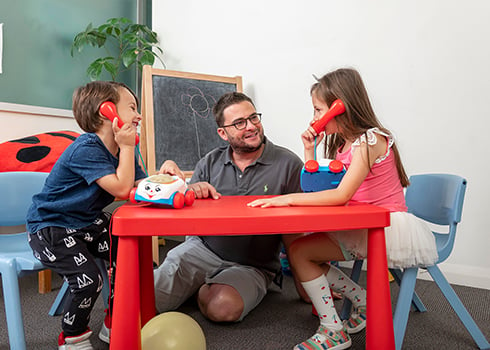
In this blog, Therapy Assistant and JASPER Practitioner Storme-Louisa Will offers some tips for promoting authentic and enjoyable play.

Professor Andrew Whitehouse recently spoke with ABC Perth’s Geoff Hutchison and Andrea Burns, Postgraduate Broadcasting Academic at ECU, for their ‘What Just Happened?’ segment which involves sitting down with a prominent Perth figure to get a sense of their life story and what matters most to them.

In this blog, Speech Pathology Clinical Lead Aria May discusses serve and return interactions to promote connection and communication with your child.
